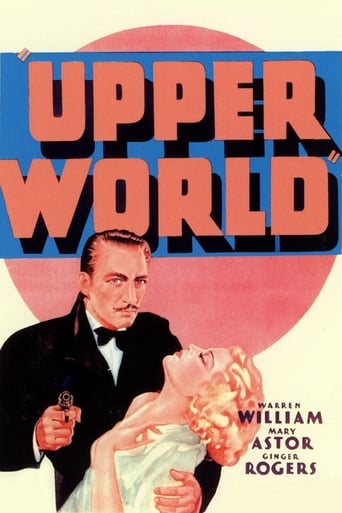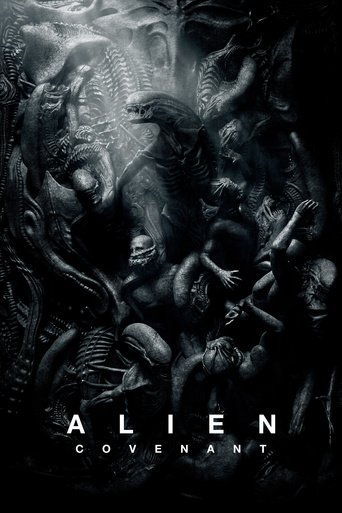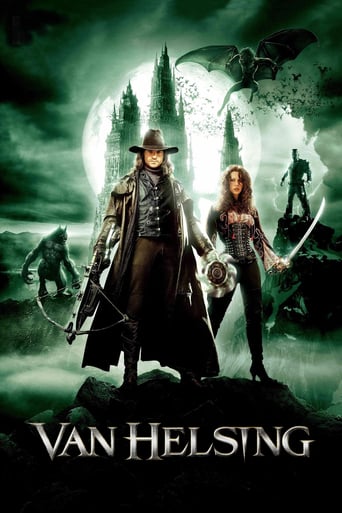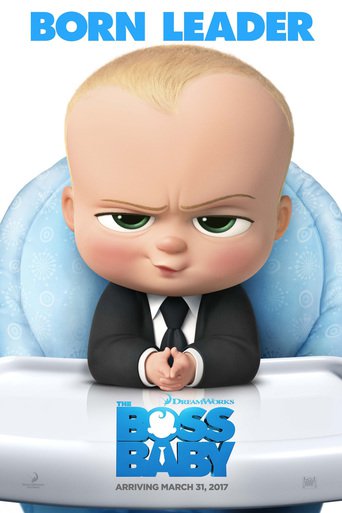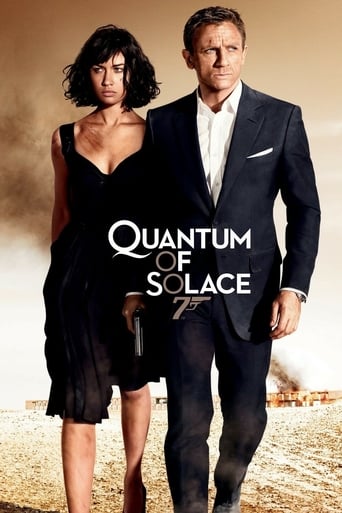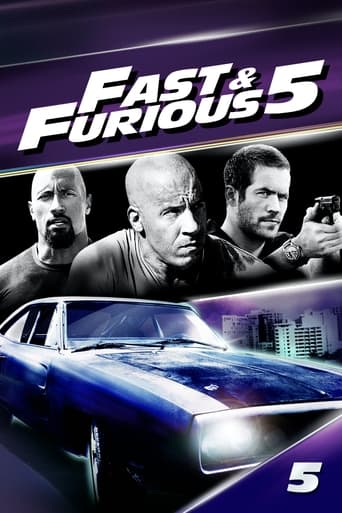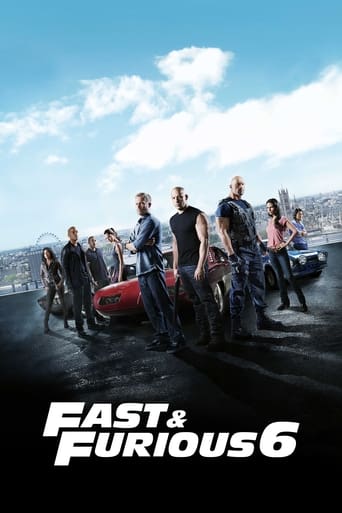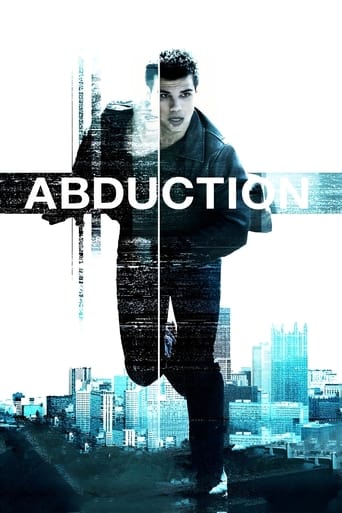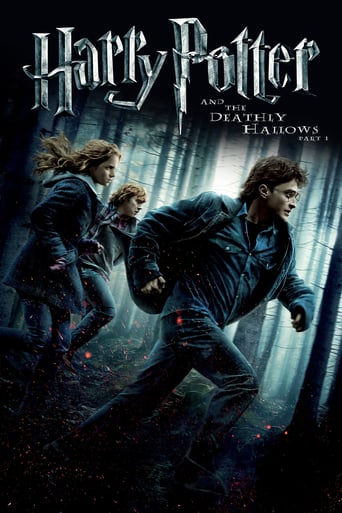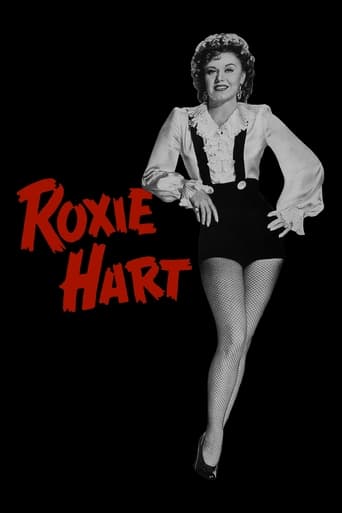


Roxie Hart
A café in Chicago, 1942. On a rainy night, veteran reporter Homer Howard tells an increasing audience the story of Roxie Hart and the crime she was judged for in 1927.
-
- Cast:
- Ginger Rogers , Adolphe Menjou , George Montgomery , Lynne Overman , Nigel Bruce , Phil Silvers , Sara Allgood


Similar titles

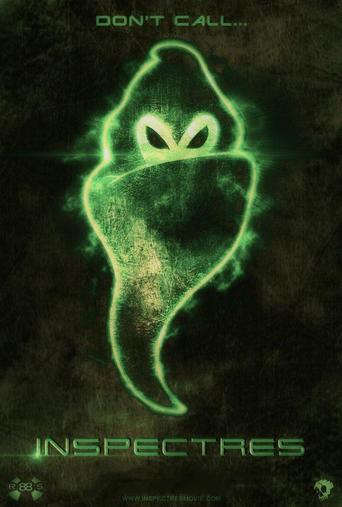
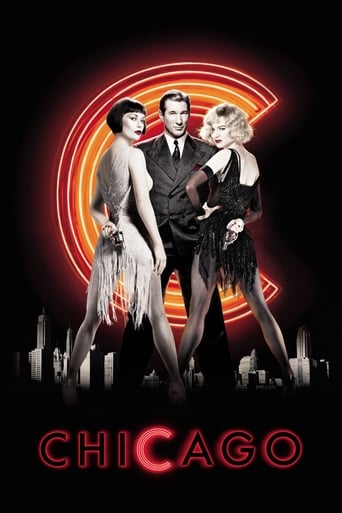
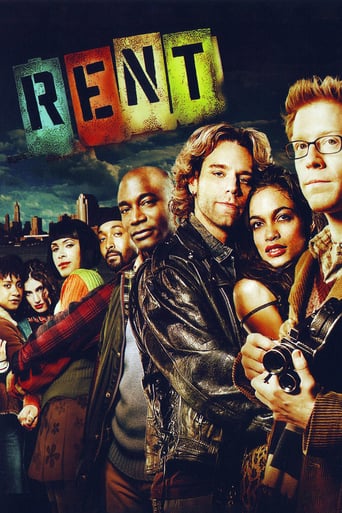
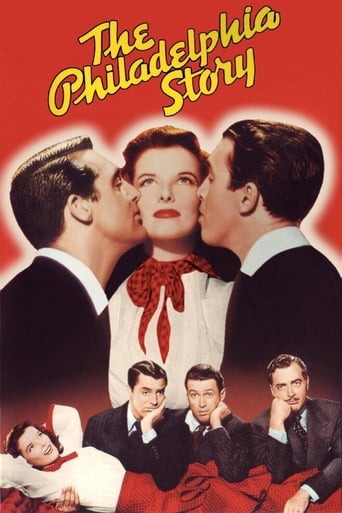
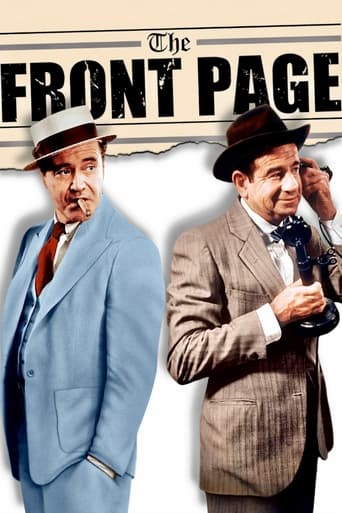
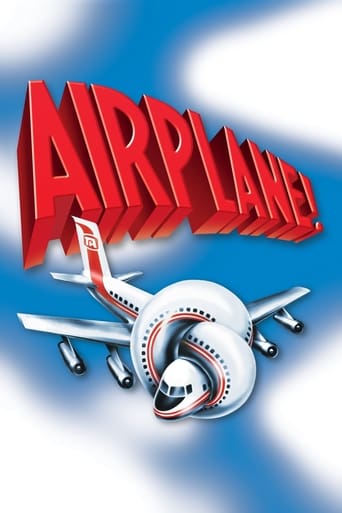
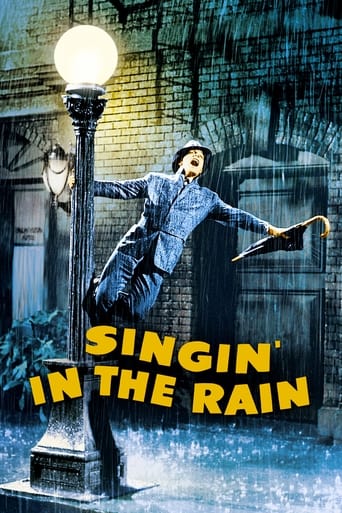
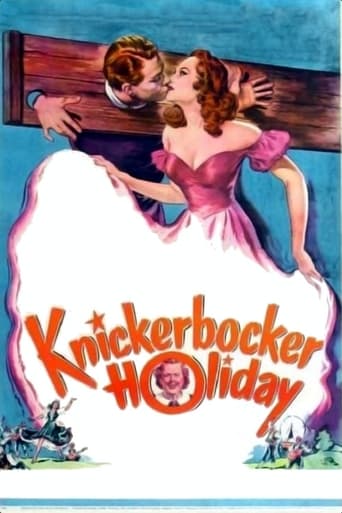
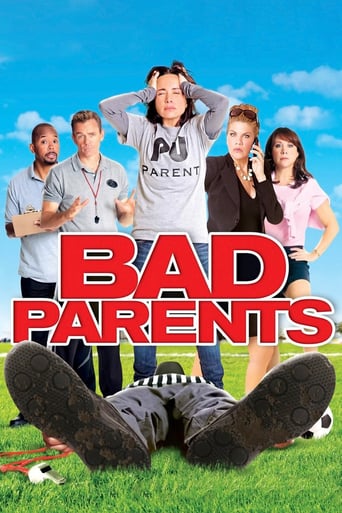
Reviews
Excellent, Without a doubt!!
It’s not bad or unwatchable but despite the amplitude of the spectacle, the end result is underwhelming.
The storyline feels a little thin and moth-eaten in parts but this sequel is plenty of fun.
It is an exhilarating, distressing, funny and profound film, with one of the more memorable film scores in years,
This is probably the only movie during the Hays Code where a killer gets away with murder.Ginger Rogers is so much fun; no shirking violet she. You may want to watch it several times just to catch the little bits of comedy business laced in every scene, from the jury leering to .the catfight in prison scene.
One knows "Roxie Hart" is a farce from the opening prologue and montage of newspaper headlines. The script reads, "This film is dedicated to all the beautiful women in the world who have shot their men full of holes out of pique." The first headline reads, "'Not Guilty' Verdict in trial of Blonde who Shot Friend Six Times Accidentally." The last ends with a Red-Head, and all are about gorgeous women getting off scot-free for murders in Cook County, Illinois. William Wellman directed this Nunnally Johnson screenplay. It's more than a comedy about women achieving notoriety in Chicago in the early 20th century. It's a satire of politics and the criminal justice system in the Chicago of that time. And, it's not just satire, but scathing mockery of the city's government and culture of the time. The main targets are the courts (with judges), the politicians, and the press of the day. In 2004, Miramax made a musical film of the story. Its "Chicago" focused mostly on two female leads. Other films and a play were made, but the original source for all of these was a 1926 play, "Chicago," by a journalist, Maurine Watkins. Her inspiration for the play came from her reporting of two 1924 trials for the Chicago Tribune. One of those was the murder trial of Beulah Annan. Many of the murder details and publicity in the play and movie are taken from the coverage of the Beulah Annan story and trial. The first film made of the play was in 1927 – a silent version called "Chicago." This film, with the name change, also changed some of the original plot. But it kept the glaring satire of the politics, press and penal system of the time. The cast for this movie is superb. Ginger Rogers is Roxie Hart, an innocent and out-of-work actress who just needs a break. Adolphe Menjou is very funny as her attorney, Billy Flynn. George Montgomery is perfect as the narrator and cub reporter, Homer Howard. Phil Silvers is a riot as Babe, the press photographer. He interrupts court proceedings, stops legal actions, and disrupts police work – all to get quick posed shots set up for the cameramen. The judges, DA and defense attorneys all respond, as if on cue, to be sure they are in the photos. And Lynne Overman is Jake Calahan, the long-time reporter who is an icon of the sensationalist press of the day. The courtroom scenes during the trial are a hoot. Nothing like this would be seen in a courtroom today – even in Chicago, I dare say. The trial is being broadcast live over radio, and an announcer keeps interrupting with health and beauty commercials. The proceedings stop periodically for photos and all the principals line up for the picture. Roxie isn't seated behind a table with her attorney, but out in front in a chair facing the jury where they can all ogle her legs. When Billy and Roxie enter the courtroom to start the trial, all the cameras come forward and they pose for a shot. Next, the judge enters and everyone stands and applauds. The two attorney's nearly come to fisticuffs and a brawl breaks out. The jury foreman asks questions. The defense attorney questions the jury members. Roxie puts on a crying scene and two of the male jurors wipe their eyes. Roxie gets on her knees to plead her innocence and feints. But, I think the funniest part is that of O'Malley, played by William Frawley (Fred Mertz from "I Love Lucy" of 1951-57). He is the jury foreman in Roxie's trial. He strains to see Roxie's legs and almost falls off his chair a couple of times. And, he's hilarious when he gets into a conversation, answering and asking questions as a juror. By that time, the judge has nearly lost control of the courtroom. The ending is a bit of a surprise. It differs from the play, but it keeps in the film vein of humor. Most of the comedy comes in the situations, supported by dialog. Some of the material is dated or rooted in history, An example is this line that Jake says to Roxie, "Honey, I keep tellin' ya, this (Cook) county wouldn't hang Lucrezia Borgia." After he tells her to get Billy Flynn for her attorney, he says, "The streets of this city are congested with women that Billy has saved from their just desserts."In the opening scene in a bar, Howard sets up the story we are about to see in flashback. He says to the bar owner, who soon will become a familiar face, and patrons, "1926, '27, '28 – the bad old days when everything went and everything was big – big money, big crooks, big murders, big stories. 'Keep cool with Coolidge!' 'Keep cockeyed with Capone!' 'Keep daffy with Daddy Browning.'" Then he launches into the story of Roxie Hart – the biggest one of them all. That was 15 years ago, he says, for the date of this 1942 films. But when people were watching the stage play 15 years earlier, it was during the height of the crime and corruption. And that was more than a year before the St. Valentine's Day Massacres of Feb. 14, 1929. The original play was a hit and ran for 172 shows on Broadway. But after that run and the 1927 silent film, it waited a good number of years beyond the violence that shocked even Chicago in 1929. Yet, even greater legends of corruption were to rise out of the Windy City in the middle decades of the 20th century. All audiences should get good laughs out of the courtroom shenanigans. Those who enjoy good farce and satire should enjoy it even more. And, those who have some knowledge of the history of the time should enjoy "Roxie Hart" the most.
The film begins with a newspaper reporter lamenting that they don't make crimes like they used to. He then begins to tell the story of "Roxie Hart"--a woman accused of murder who was one of the last great murder stories in Chicago. Then, the story begins in earnest as the setting is now 1927. Roxie is a very low-class dame and whether or not she or her husband or a third party committed the crime is uncertain. But, since Roxie is apparently a total idiot, the newspaper reporters convince her to take the rap because it would make an interesting story (is anyone THAT dumb?!).Throughout the film, the men all act almost like the wolf in a Tex Avery cartoon--and apparently the fact that she may have killed someone is irrelevant. The guys just want to ogle her gams (that's "legs" in gangster lingo)! And, when the case comes to court, once again all the men in court are fixated on her extreme sex appeal (though I didn't get it--she wasn't THAT hot--just kind of low-class and slutty).While I understand that this comedy was the basis for the very popular play and film, CHICAGO, I couldn't understand what people saw in the movie that led them to want to remake it--especially since it had very few laughs. Much of this is due to the very grating and over-the-top performance by Ginger Rogers. This routine was supposed to be funny, but I just wanted her to stop talking as well as constantly chewing gum with a wide open mouth! The bottom line is that very, very, very broad acting and writing made this film look like distorted and one-dimensional caricatures, not people. A dreadful example of the "humor" in the film is the fight scene between Roxie and another prisoner--all accompanied with sound effects of cats fighting and hissing. Uggh!The bottom line is that I really hated this film since it was so annoying and ridiculous. If you want subtlety, believability or laughs, then I suggest you try some other film--ANY other film.UPDATE: Despite my despising "Roxie Hart", I did finally see the musical version of this film, "Chicago". I was surprised how good it was and how they actually had some great songs, acting and improved the story. It's well worth seeing, though I am shocked at one reviewer who said this 1942 movie is better than the 2003 Best Picture Oscar-winner, "Chicago". I just don't see this...
Comedy fracas from Maurine Watkins' play "Chicago" (filmed previously in 1927, and remade as a musical in 2002) has gum-snapping, would-be showgirl Roxie Hart, wife to a real schlub in jazz-era Chicago, talked into putting herself at the center of an apartment shooting--because, after all, Chicago courts are sweet on dames. Satire of legal justice (and the theatricality of the law and the press) is pungent and funny without being terribly memorable. Ginger Rogers is very good in the lead, yet winking director William Wellman keeps repeating the same gags over and over; while frantically trying to stay one step ahead of the audience, Wellman tramples all comers--sapping Rogers' good will too soon. A few wonderful stand-outs remain: the jailhouse dance with the reporters, the lively courtroom antics, and the clever final tag. The story is framed in awkward flashback, the sub-plot about moll Two Gun Gertie is introduced and then dropped, and there's a semi-romance that never rises to a boil, but the film still has some big laughs and a lot of energy. **1/2 from ****

